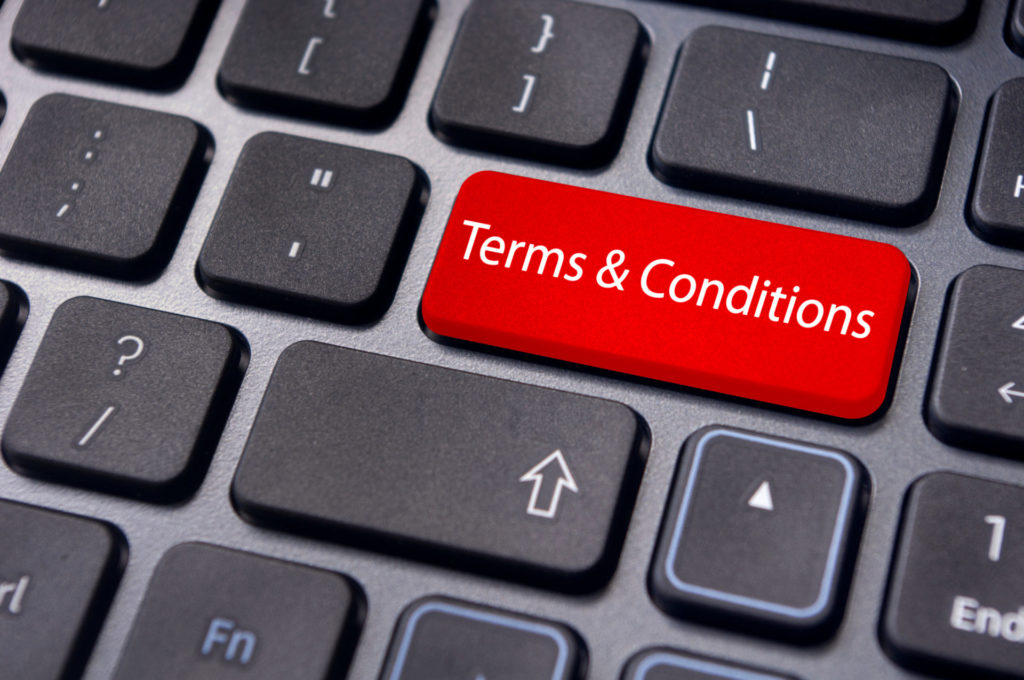Excellent experience start to finish – always very responsive to any queries and the turnaround on the property I was buying was very quick, even in the busy time leading up to stamp duty deadline. Jenny was always very helpful and went above and beyond to close on a short timescale.
COVID-19 has exposed some assumptions made by many parties when entering into commercial contracts including such matters as the robustness and pricing of their supply chains, availability of staff, ongoing market demand, and the ability to access sites or premises.
As a rule, these things are not actively considered or discussed between the parties and are usually only covered, if at all, by a short clause inserted towards the rear of a contract under the heading ‘force majeure’ – which excuses a party for non-performance in the event that an external factor ‘outside their reasonable control’ affects their ability to perform the contract.
One lesson of COVID-19 is that these clauses are not usually in full enough form as they stand to give clarity or a fair resolution when something like COVID-19 hits, especially if the contract is a long-term/ongoing one and is likely to pick up and continue again after the force majeure event has passed.
What does it mean for contractual obligations?
In such circumstances, a clause dealing with suspension of contractual obligations should set out what ongoing obligations continue during the suspension period, what the payment position is (especially if the force majeure leads to a services or supply of goods reduction rather than total cessation), and whether either party has a right to terminate the contract as a whole after a given period of force majeure.
Also, there is the issue of whether the economic shock, and changed landscape following such a disruption, makes the ongoing financial or other obligations unduly onerous or uneconomic for one of the parties.
You can take the view that the latter is just the commercial risk of striking a deal at a given price, but there are also clauses that can be included which allow a party to terminate a contract (without liability) if circumstances change so that continuing a contract on its original terms becomes uneconomic. From the supplier side you can also try to insert a provision allowing for commensurate price increases in such cases (although this is sometimes challenged by customers).
But what you should really do the next time you are about to enter into a high-value and/or long-term contract, is just pause for a moment to consider: What would happen if another COVID-19 (or similar event) hit? Does the contract cover this at all? Or am I exposed?
For more information on our team of business experts, please click here. Alternatively, you can email Andy via [email protected] or call 0161 832 3304.
Found this article useful? You might be interested in some of our others:


